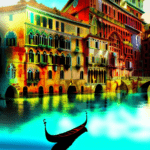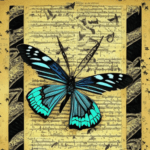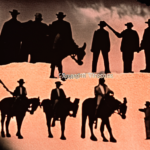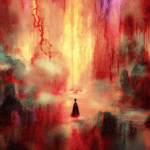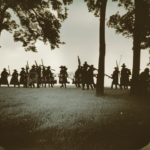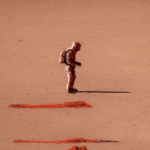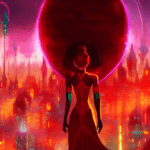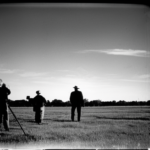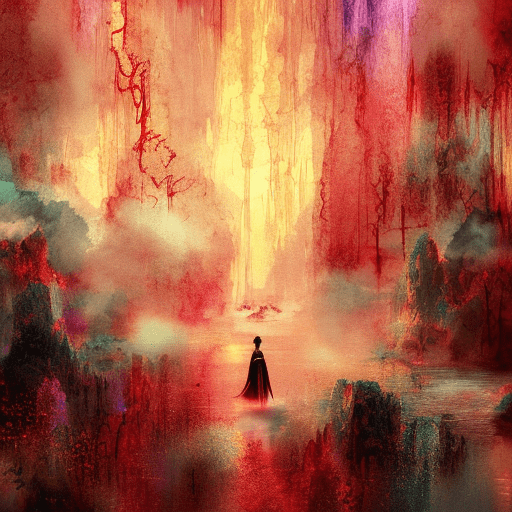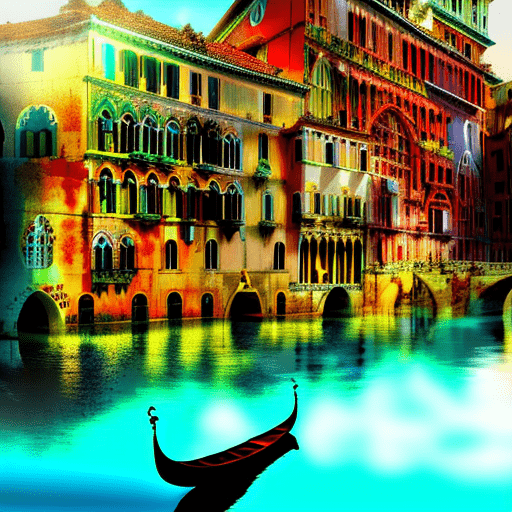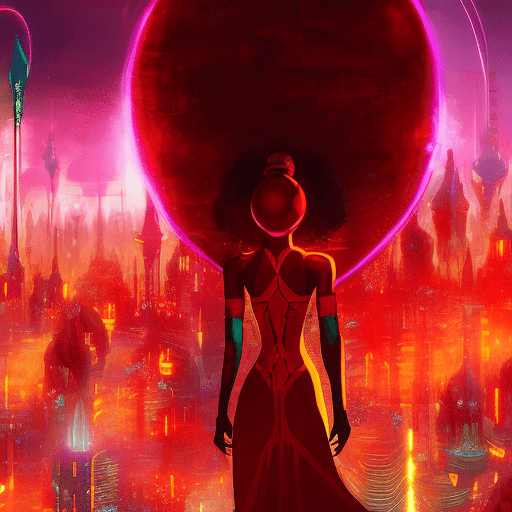The Selected Poetry of Rainer Maria Rilke: A Journey Through the Depths of the Human Soul
Rainer Maria Rilke, one of the most celebrated poets of the 20th century, takes readers on a profound journey through the depths of the human soul in “The Selected Poetry of Rainer Maria Rilke.” This collection of his most renowned poems explores themes of love, loss, spirituality, and the beauty of the natural world. With his lyrical and introspective style, Rilke invites readers to contemplate the complexities of existence and find solace in the power of art and self-reflection.
Exploring the Depths of Love and Loss
Rilke’s poetry delves deep into the complexities of love and loss, capturing the raw emotions that accompany these experiences. Through his words, he explores the longing for connection, the pain of separation, and the transformative power of love. In poems like “Love Song,” Rilke expresses the intensity of love, describing it as a force that consumes and overwhelms:
“How should I not have loved you, beloved one?”
In contrast, Rilke also explores the depths of loss and the profound impact it has on the human spirit. In “Requiem,” he mourns the death of a loved one and reflects on the impermanence of life:
“You who never arrived in my arms, Beloved, who were lost from the start, I don’t even know what songs would please you.”
Contemplating the Spiritual and Transcendent
Rilke’s poetry goes beyond the realm of the personal and delves into the spiritual and transcendent aspects of human existence. He explores the connection between the divine and the earthly, inviting readers to contemplate their own spirituality. In “The Panther,” Rilke uses vivid imagery to depict a captive panther in a zoo, symbolizing the human struggle to find freedom and meaning in a confined world:
“His vision, from the constantly passing bars, has grown so weary that it cannot hold anything else.”
Rilke also reflects on the power of art as a means of accessing the spiritual realm. In “Archaic Torso of Apollo,” he describes encountering a broken statue of the Greek god Apollo and is struck by its transcendent presence:
“You must change your life.”
Finding Beauty in Nature and the Everyday
Nature serves as a prominent source of inspiration in Rilke’s poetry, and he often finds solace and beauty in the natural world. Through his vivid descriptions, he invites readers to appreciate the wonders of the earth and find solace in its presence. In “Autumn Day,” Rilke portrays the changing seasons as a metaphor for the impermanence of life:
“Whoever has no house now will never have one. Whoever is alone will stay alone.”
Rilke also finds beauty in the everyday moments of life, reminding readers to cherish the small joys and find meaning in the mundane. In “The Walk,” he reflects on the simple act of taking a stroll and the profound insights it can bring:
“You are not surprised at the force of the storm— you have seen it growing.”
Key Takeaways:
- Rilke’s poetry explores themes of love, loss, spirituality, and the beauty of the natural world.
- He delves deep into the complexities of human emotions, capturing the rawness of love and the depths of loss.
- Rilke invites readers to contemplate their own spirituality and the connection between the divine and the earthly.
- He finds solace and beauty in nature, reminding readers to appreciate the wonders of the world.
- Rilke’s poetry encourages self-reflection and the pursuit of meaning in everyday life.
In “The Selected Poetry of Rainer Maria Rilke,” readers embark on a profound journey through the depths of the human soul. Rilke’s lyrical and introspective style invites contemplation and self-reflection, exploring themes of love, loss, spirituality, and the beauty of the natural world. Through his words, readers are reminded of the transformative power of art, the impermanence of life, and the importance of finding solace and meaning in the everyday. As Rilke himself once wrote, “You must change your life.”
